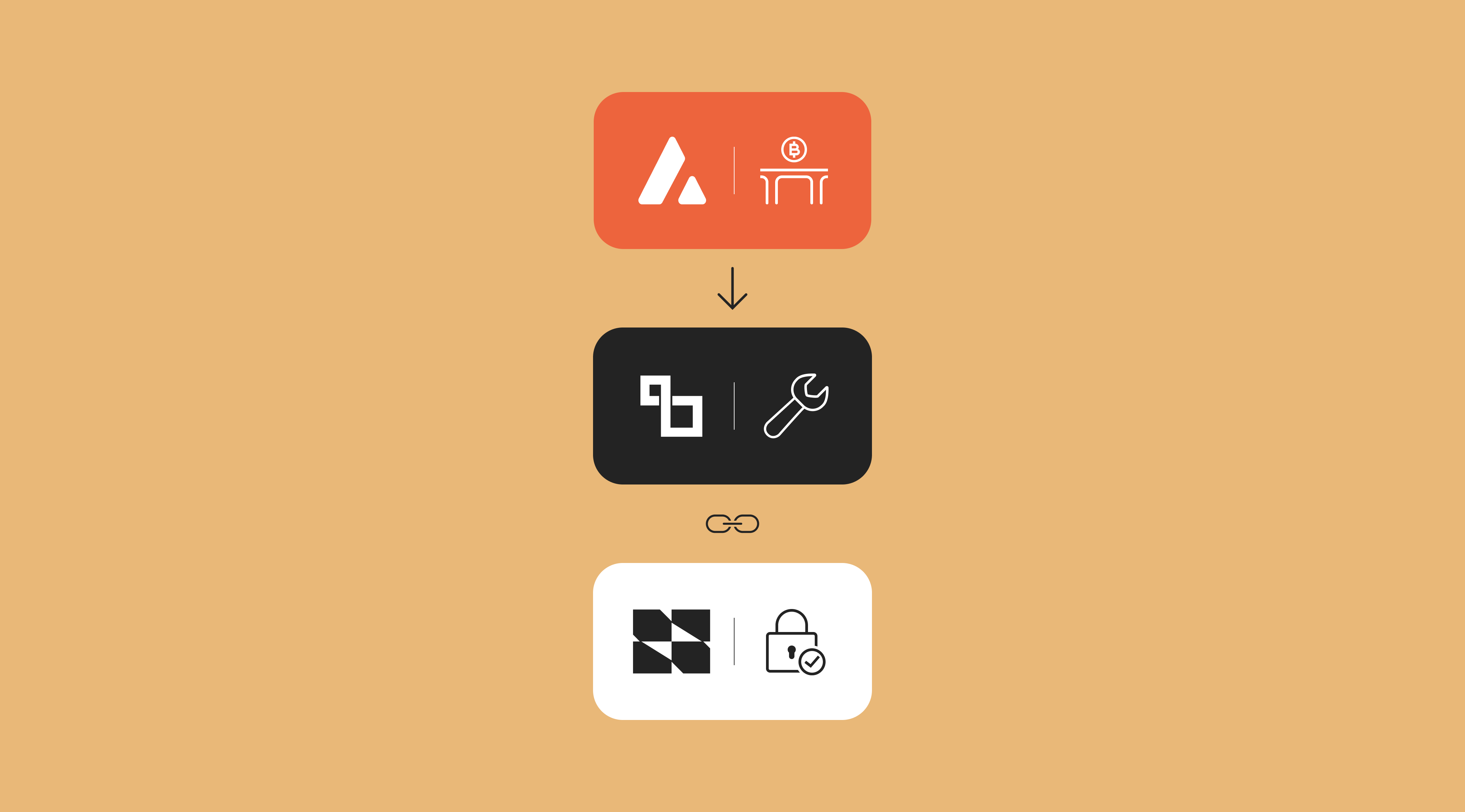Last fall, Cubist founded the Secure Staking Alliance (SSA) in collaboration with 16 leading companies to establish foundations and frameworks for running secure validator infrastructure. Today we are excited to announce that we have joined the other SSA, or Shared Security Alliance, as a Founding Member.
Vision of the Shared Security Alliance
The Shared Security Alliance is a nonprofit supporting developer adoption of shared security, a concept which allows emerging protocols to borrow security from more established protocols using a common set of validator nodes and economic collateral.
Developers who build using shared security infrastructure save cost, time, and complexity compared to having to design and implement their own consensus mechanism and set up their own validator set from scratch. Shared security will enable a faster pace of innovation for new Web3 middleware, and in turn, better decentralized web apps. Cubist shares the Shared Security Alliance’s vision that this is a great path to getting wider economic participation in our industry.
A long list of Founding Members
A peer-based organization, the Shared Security Alliance was founded to unify and share best practices for developers leveraging the security of Bitcoin, Ethereum, Solana, and other monetary assets for their own protocols. Founding Members include top builders, researchers and integrators in the restaking ecosystem.

How Cubist supports the restaking ecosystem
Building on shared security introduces distinct challenges, especially related to slashing risk. From our vantage point as an infrastructure provider, we recognize that security risks can become economic risks for the ecosystem if they are not properly managed. In pursuit of our shared vision, we are prioritizing risk management as a foundational necessity.
In practice, we’ve seen honest Ethereum validator operators get accidentally slashed due to operational mistakes, misconfigurations, validator client bugs, and insider threats and hackers. When you are operating under a shared security model, these are not the only risks—when slashing happens in restaking, it isn’t necessarily isolated to a single protocol because validators are shared.
The opportunity for mistakes and misconfigurations scales with the number of protocols an operator opts their validators into: the more configurations and the more complex a devops setup they need to run, the more likely it is that things will go wrong—and that they will get slashed. In this model, getting slashed on one protocol is the same as getting slashed on all. For more detail on this subject, see our blog post Slashing Risks You Need To Think About When Restaking.
We look forward to bringing our expertise in anti-slashing to the Shared Security Alliance and collaborating with our fellow members to promote safe practices in the restaking community.
See you in Brussels
Want to learn more or get involved with the Shared Security Alliance? Join us at the upcoming Shared Security Symposium at EthCC on July 8, 2024.
Catch the Shared Security Alliance’s official launch announcement here.







